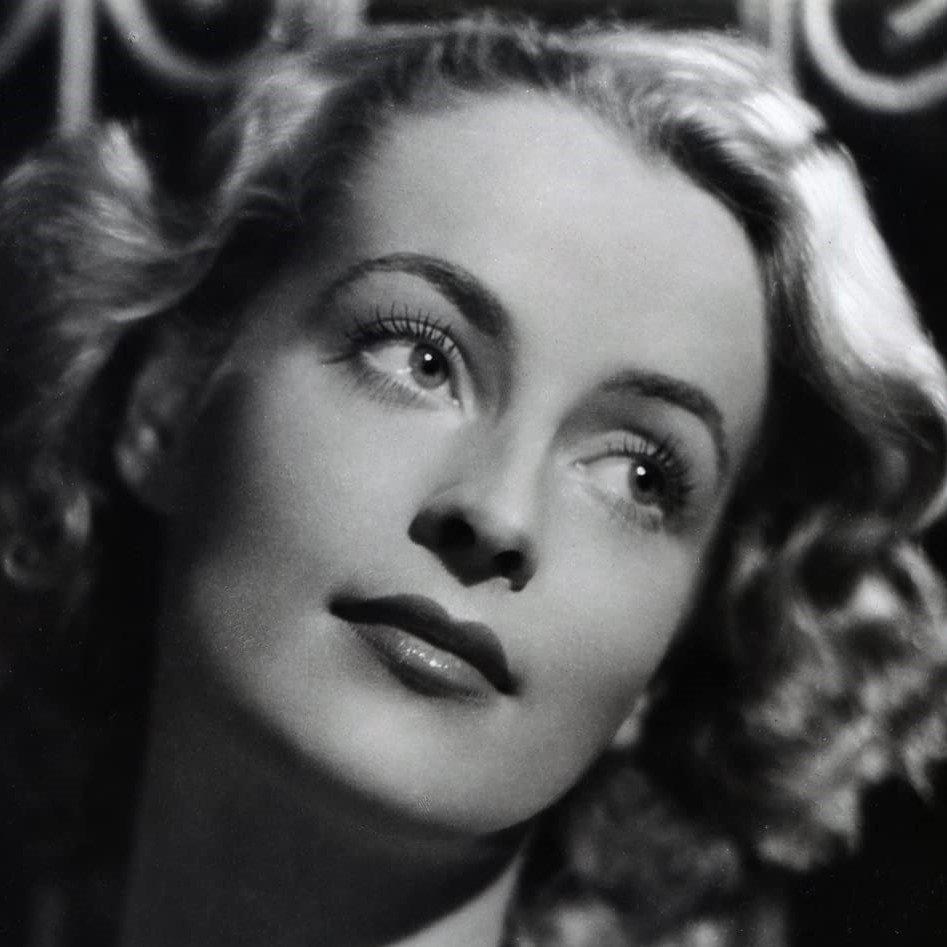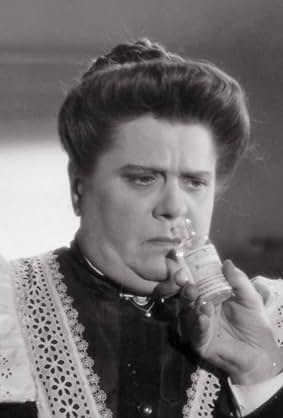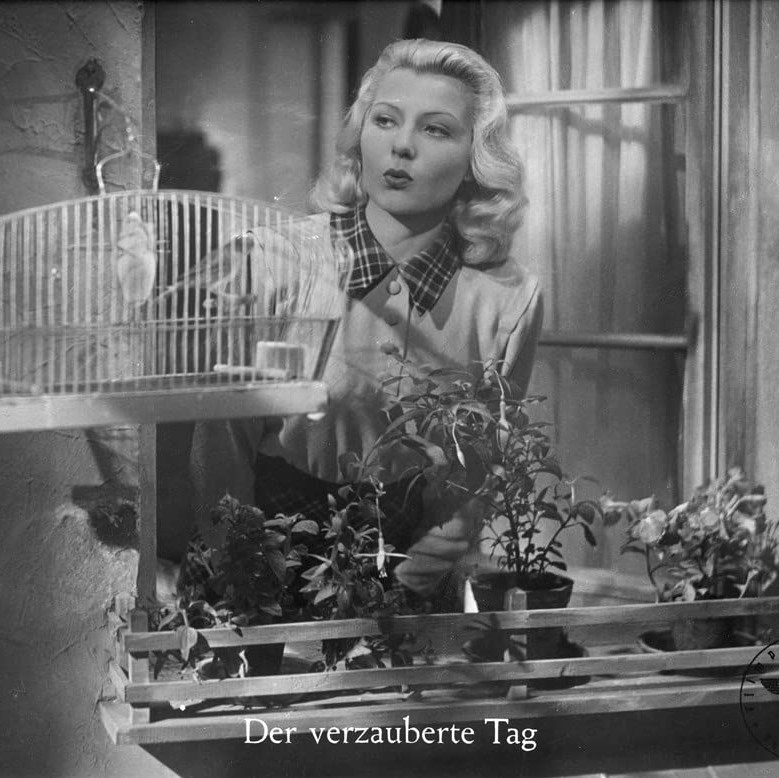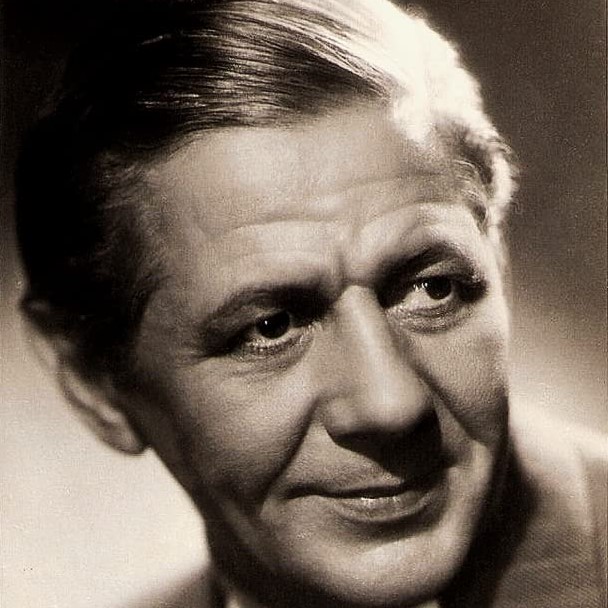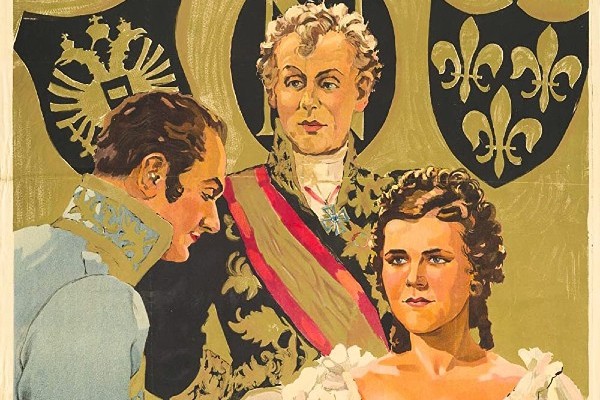
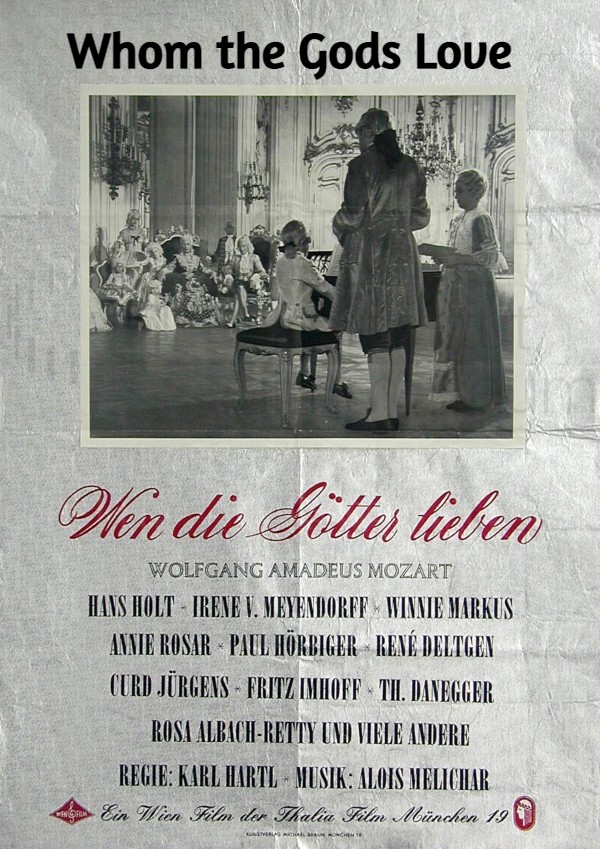
1942
Whom the Gods Love (digital quality, includes songs and arias lyrics)
"Whom the Gods Love" (Wen die Götter lieben), a 1942 historical musical film, is a biopic of Wolfgang Amadeus Mozart. The film portrays Mozart's life, including his early romantic relationships, his struggles with finances, and his brief meeting with Beethoven. The title alludes to Mozart's middle name "Amadeus" and the Latin phrase "he whom the gods love, dies young," as Mozart passed away at the age of 35.
Additional Materials
Life And Loves Of Mozart, 1955 - dubbed version
Life And Loves Of Mozart, 1955 ( subtitled, digital quality)
Amadeus, 1984 (includes subs on libretto)
Whom the Gods Love, 1936, Great Britain
Mozart, 1948- "Wen die Götter lieben" was dubbed in English, significantly edited and released as Mozart Story with new scenes added for English-language audience consumption. (Excellent example how to destroy a film - admin)
Admin comments
Very elaborate production. Impeccable period detail. Great music. The film is made with such stunning ease and beauty that it seems more colorful and brighter than all modern delights. Mozart is played delightfully – cheerful like his music and a little ironic, and Irene von Meyendorff (Aloise) can be considered one of the most beautiful movie actresses.
The leitmotif of the film, like almost all biopics made during the National Socialist period, is the lack of understanding of genius by the masses. This was a personal theme for Hitler, who associated himself with the lone genius, opposed to the crowd.
To complete the picture, I have placed here the film “Mozart”, made by the same director in 1955. Even though this film was made after the war, I believe that in its essence it is a National Socialist film. It is a kind of continuation by Karl Hartl of his film Mozart. Whom the Gods Love from 1942. The main idea of this film coincides with the main idea of all National Socialist biopics that geniuses are judged by different standards than ordinary people. A true genius belongs only to art and cannot count on ordinary human joys and happiness. This film is also about love and self-sacrifice. The main role is played by the excellent actor Oskar Werner. Everything in this film is amazing – the direction, the acting, the irresistibly beautiful women, the choice and composition of musical illustrations and accompaniment. Overall, it can be said that this is an example of spiritually and culturally uplifting art.
For comparison, Milos Forman’s “Amadeus” is presented here as an example of shtetl/primitive, hateful Jewish cinema. After watching it, I felt like I had bathed in shit. The production values of the film are exceptional, but what is the essence of the film? Mozart is a giggling buffoon and a drunk. Can such a person write great music? Constance’s wife is some kind of slut, a slob, featherhead and a troublemaker. The film contains obvious elements of Marxist propaganda. But the main thing is the very noticeable hatred of the Jewish creators of the film (director and producer) towards the Germans, including Mozart. All the characters in the film are repulsive and unpleasant individuals. Anyone has the right to dislike a specific nation. Especially if representatives of this nation killed your parents – communists/Stalin agents (Forman’s). But if you hate the Germans, then why make a film about them? Does such cinema raise the spiritual and cultural level of viewers?
Cast & Crew
User Reviews
There are no reviews yet. Be the first one to write one.

